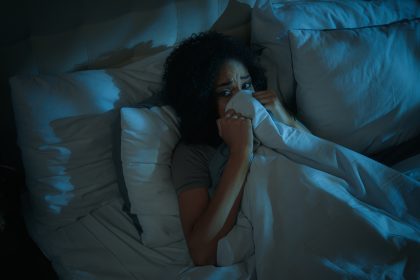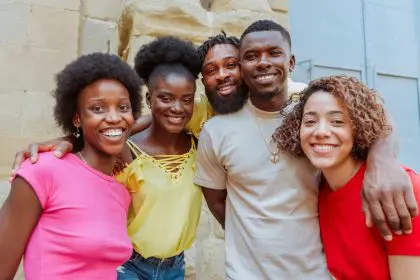The tragic story of Jamal Clay, a 19-year-old from Chicago, highlights a growing crisis in the African American community: the mental health of our youth. Jamal’s untimely death by suicide is a stark reminder of the urgent need to address mental health care accessibility and the unique challenges faced by African American adolescents.
The struggle for mental health care
Despite being a responsible and caring individual, Clay’s battle with mental health issues was compounded by a lack of consistent support and resources. His mother, Rafiah Maxie, experienced firsthand the failures of the mental health care system, which left their family without the necessary assistance to navigate Jamal’s depression.
The impact of social media and isolation
The COVID-19 pandemic and the racial trauma from events like George Floyd’s murder have exacerbated mental health issues among youth. Social media, while a significant part of teenagers’ lives, can also contribute to mental health decline, particularly for those already vulnerable to mental disorders.
Breaking the stigma in African American communities
Efforts to normalize therapy and counseling for people of color are ongoing. Psychotherapist Kamala Uzzell emphasizes the importance of representation in mental health professionals, while individuals like Maya Williams share their personal struggles to shed light on the often-dismissed topic of mental health within African American families.
Challenges in accessing treatment
Access to mental health care remains a significant barrier, with only one in three African Americans who need care receiving it. The story of Steven A. Gipson, another young adult who suffered from schizoaffective disorder, illustrates the difficulties parents face in securing treatment for their adult children.
Resources and support
Organizations like the Steve Fund and the National Alliance on Mental Illness provide crucial support and resources for young people of color and their families. Initiatives like Mental Health Real Talk and Soul Survivors of Chicago, founded by those who have lost loved ones to mental health struggles, work toward ending the stigma and promoting mental health awareness.
It is essential for parents and communities to engage in open dialogues about mental health, recognize the signs of distress and seek help promptly. Normalizing these conversations can pave the way for healing and support for our youth in crisis.
For immediate support, text STEVE to 741741, call the National Suicide Prevention Lifeline at 800-273-8255, or text NAMI to 741-741.












